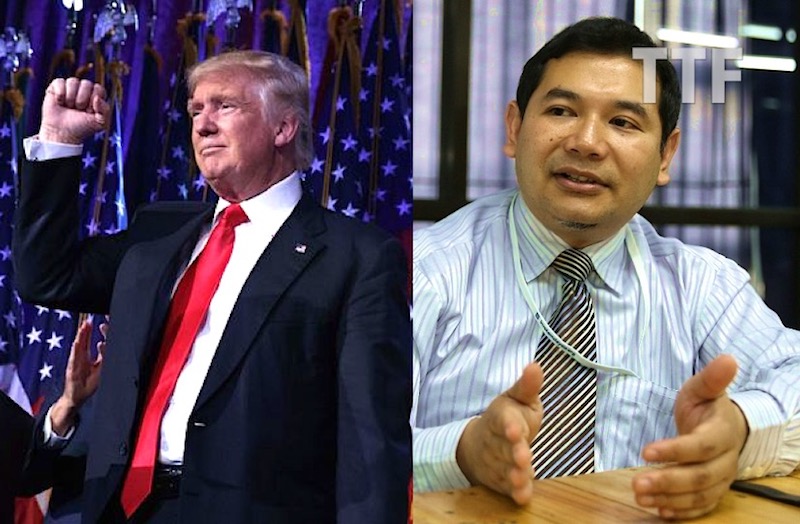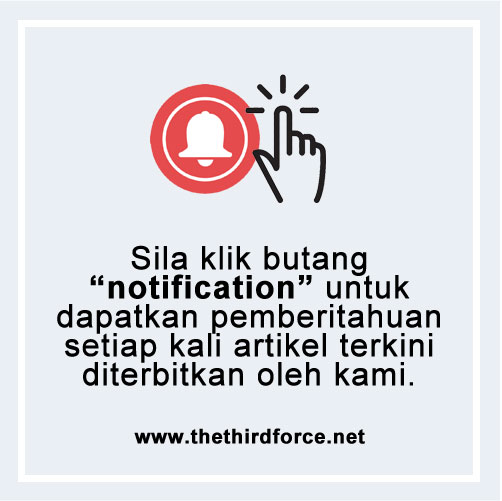
Dianne Timblin
A conversation with Jamie Bartlett
In The People Vs. Tech: How the Internet Is Killing Democracy (and How We Save It), Jamie Bartlett, director of the Centre for the Analysis of Social Media, examines how democratic processes are shaped by social media, internet culture, and their driving technologies. Here Bartlett describes big data’s emerging role in political campaigns; the United Kingdom’s 2016 referendum about retaining its membership in the European Union and the 2016 U.S. presidential election serve as prime examples. As Bartlett makes clear, these two defining moments for democracy reveal the shape of things to come. (The following discussion has been edited for clarity and concision)
How are political campaigns using—or perhaps abusing—big data to win elections?
Political campaigns have really picked up all the latest techniques of online marketing and advertising. People have said that Trump has stolen an election by working with Cambridge Analytica, which was taking Facebook data. We’ve had the same debate here in the United Kingdom about Brexit. And I think the problem runs far deeper than that.
It’s not just about one election or one campaign. It’s not about left or right. It’s about the way that modern online advertising is targeting people based on a very detailed profile of that person’s thoughts, hopes, fears, concerns, personality type, and, increasingly, emotional drivers, and really narrowing in on that individual. And then you craft messages—more and more often, I think, using automated technologies—to appeal to that specific individual.
How Politicians can use Big Data to win elections. Source: The Atlantic
What does such microtargeted marketing do to the democratic process?
If an election is meant to be a public debate, where the nation comes together to discuss, collectively, the direction of the country—this is totally different. This is more like data science. This is finding the one thing a person cares about and pushing that.
You could imagine that a few years down the line you’d have each person receiving a different message and a different campaign pledge from the same candidate. What’s that doing to politics? It’s turning it into data science. Regulators can’t really spot it. How do you hold a politician accountable if everyone’s receiving different messages from the same candidates?
Not to mention how, increasingly, those online advertisements are all going to be about you and your emotional vulnerabilities and weaknesses—trying to understand you better than you understand yourself and then nudging you in one direction. This, to me, is not what politics or elections should be about.
On the 10th of April 2017, The Malay Mail Online wrote:
Invoke, a big data analytics outfit started by PKR vice-president Rafizi Ramli, is working with 50 candidates for the next general election (39 from PKR, 10 from Amanah and one from DAP), mostly federal seats and some state constituencies in Negri Sembilan and Kedah that are deemed crucial for Pakatan to take over the state.
Through big data analytics, Invoke gathers information on voters from basic details like age, residential post code, gender, race and religion, to their political leaning, stand on issues like Shariah law and whether their votes are transferable between Opposition parties, so that parties can use it to come up with a “microtargeting” strategy and identify swing voters with a 40 to 60 per cent likelihood of voting for them.
“You should never preach or campaign to converted people,” Rafizi told Malay Mail Online in a recent interview.
“We should only campaign to persuadable swing voters, and in our case, Opposition, we need to work on those voters who were either genetically Umno but now feel like they hate Umno for whatever reasons, or those voter groups or clusters whom by profile have grouses with Umno.
“But of course the biggest issue is, yes that’s common sense, but how the hell do you know who is who? That’s why we need as many survey results as possible,” the Pandan MP added.
Rafizi makes perfect sense.
RJ Rithaudeen
The Trump campaign made a big social-media push in battleground states once they realized how much effect it could have there. Is this the wave of the future?
I think this is how Cambridge Analytica was incredibly important for the Trump team. It was not using a sophisticated psychological warfare tool. It was Cambridge Analytica working together very cleverly with the Republican Party’s digital team to build up profiles of what they called persuadable voters—millions of American voters they believed might be persuaded to vote [for] Trump, especially in key states—working out what motivated those people, and targeting them relentlessly.
A few weeks into the [presidential] campaign, Cambridge Analytica analysts went to the Trump digital team boss, Brad Pascal, and said [in effect], “Our data suggest that we can win Wisconsin, Pennsylvania, and Michigan. There are enough persuadable voters there.” They started shifting a lot of their budget into those three states, even though everyone else said that that was mad and that [those states] were unwinnable. They ran more TV ads. They tailored Trump’s campaign stops into those states. They ran loads of Facebook ads in those states. And they won all three of those states by less than one percentage point. If Clinton had won those three states, she’d currently be president.
On the 22nd of March 2018, Dato’ Seri Mukhriz Mahathir’s former press secretary, Azrin Zizal, accused the Kedah Menteri Besar of using Cambridge Analytica’s services to help sharpen his GE13 campaign. Azrin claimed that Mukriz employed him as representative of an Analytica sister concern to gain advice on election strategy. Mukhriz has yet to sue Azrin despite having categorically denied the claim.
Mukhriz said;
“If he (Azrin) says that he was their (SCL group’s) employee even during his employment with me, that would be a misrepresentation. He only worked for me between 2009-2013, when I was in Miti.”
To this, Azrin replied;
“It is time for Mukhriz to stop deliberately distorting the facts to save himself, and come clean.”
RJ Rithaudeen
Jamie Bartlett’s extensive investigation into big data and democracy for his book The People Vs. Tech: How the Internet Is Killing Democracy (and How We Save It)uncovered a rich vein, and we wanted to share more of his discussion about it. This special episode of the American Scientist podcast expands on the conversation above: Bartlett shares more about how political campaigns use big data and social media, how these techniques affect democratic elections, and how technology companies themselves are playing an increasingly active role.
Adapted from: American Scientist
Note: If everyone who likes our content helps fund it, it would allow us bring more such content in the future. And it only takes a minute. Click the donate button below to make a contribution.
Alternatively, send a WhatsApp to +60164049082 if you intend to make a direct contribution to our account. We thank you for your support and hope to continue bringing you great content in the years to follow.
FOLLOW US ALSO VIA THE FOLLOWING LINKS:
Raggie Jessy Rithaudeen on Twitter
The Third Force on Twitter
Raggie Jessy Rithaudeen on Facebook
TowardsGE15 on Facebook
Gagasan Tiga (G3) on Facebook
The Third Force (Telegram)



